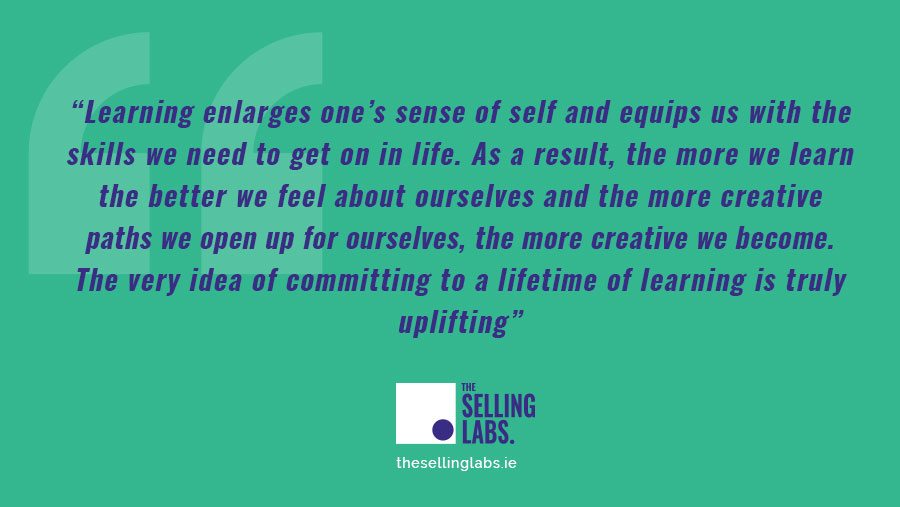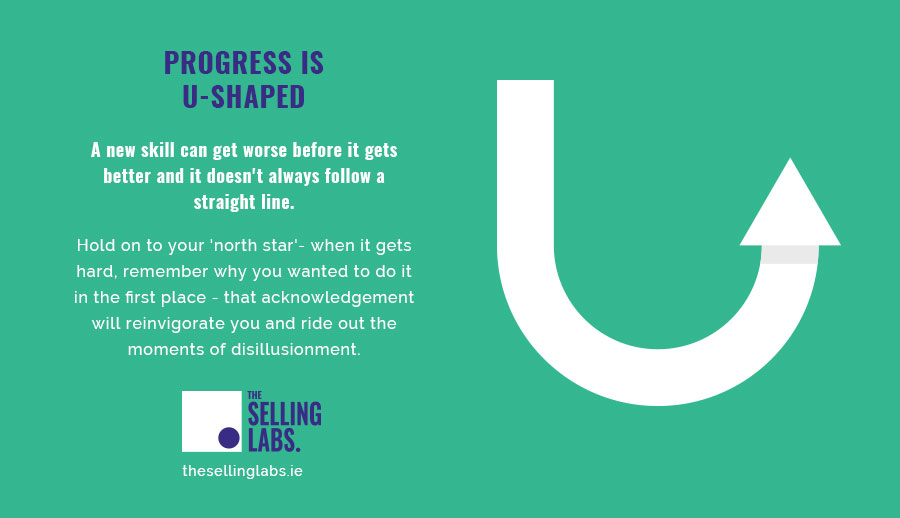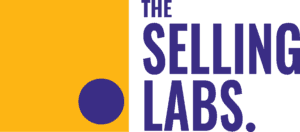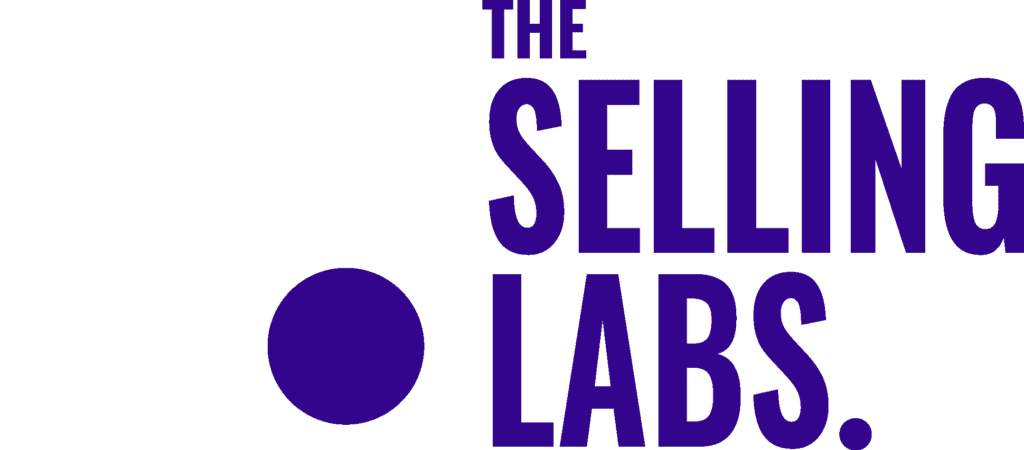The Myth of Being Too Old!
Often I meet people who claim to be too old to learn something completely new, something from scratch. Many of them consider a ‘growth mindset’ – one that thrives on challenge and embraces failure for learning’s sake – to be something exclusively for the young. And they self-consciously feel that studying alongside those younger than themselves would age them rather than reinvigorate them.
But, recently, I was pleasantly surprised!
I received an enquiry from a new client but it wasn’t for classic executive coaching i.e. a client stuck and unhappy in their job, with a tricky boss, unfair promotion chances and cut-throat colleagues.
No, this lady was perfectly happy and thriving in her role. Rather, she found herself with time on her hands and was looking for my help in skilling up with a new interest or hobby, after her company made working from home permanent and she was no longer burdened with a long commute.
I was energised by her contagious, go-get-it attitude. Well into her middle years, she was not content to let life happen to her, she was well in control of her destiny and there was no stopping her!*
But in the process of working through the options with her (great fun), my eyes were opened to the joys of adult-learning for all of us!
The Beginners Mindset and Adult Learning
In short, adult-learning opens us up, again, to those things we thought were gone forever. It introduces us to new ways and new discoveries and provides us with an invigorating independence – be it by liberating the soul by starting to ride a bike again; reaping the psychological benefits of learning to sing or imbuing the mind with the kind of confidence that knowing a new language ensures. Start learning again and your world not only gets bigger but it gets better. And brighter.
We all know, like my client*, that learning enlarges one’s sense of self and equips us with the skills we need to get on in life. As a result, the more we learn the better we feel about ourselves and the more creative paths we open up for ourselves, the more creative we become. The very idea of committing to a lifetime of learning is truly uplifting and as a result I’ve decided to put together a few ideas that might be helpful to you if you are considering learning a new skill but aren’t so sure how to go about it – or even what it might be.

Pick Something That Has a Use
When I was offered a six month work placement in Milan years ago I was assured on signing the contract that learning the language was not a requirement. When I arrived on a hot sticky day in June I discovered it certainly was a requirement if I wanted to be able to integrate and connect. Learning the language was a huge time commitment but doing it extended my secondment by five years, enabled me to work in a second language, confidently travel the length and breadth of one of the most beautiful countries in the world, learn to cook and to understand wine, and make new friends. The experience ultimately led to other Italian-speaking jobs in my future. This was all made possible because I was able to apply every day what I was studying in the classroom.
Select Something That You’ll Find Engaging
When my neighbour lost her mother suddenly she decided to study horticulture in her spare time to emulate her mother’s green fingers. My friend found the process of being close to nature and experimenting in her garden healing and therapeutic, as well as educational. She will never become an expert but she has carved out a meditative, relaxing space in her garden for her to relax and, most importantly, to fondly remember.
Build a New Skill Using an Existing Passion
Always musical, my husband wanted to learn a new instrument that would allow him to write and play music with more ease. He chose the ukulele because it was portable and it utilised similar chords and scales to his clunky old guitar. He skilled up using YouTube tuition videos and joined a group of fellow enthusiasts, united by their passion for this tiny instrument. The group hit it off. Their playing got better. A band was formed, word got around, a following emerged and a residency was secured in a top venue in town. Multiple radio and television appearances followed. Offers to play on sessions came in, he was asked to conduct workshops and play at international festivals and, with the help of those he met along the way, he achieved his ultimate goal of recording an album of his own songs! All that from a ukulele – and a little passion!
Don’t Fear The Learning Process
Of course, a big factor that stops a lot of people from taking the plunge is that they think the process will be too arduous and that they’ll never be able to do it. This is exactly how the two builders, Remus and Romulus, felt as they leant on their pickaxes and stared out over the Tiber River all those years ago! They discovered, as you will, that achieving anything takes time and that frustrations and obstacles will be met along the way. But they also found out that overcoming these things is an invigorating and rewarding process that can strengthen any new learner’s motivation to achieve their goal – confidently, enjoyably and with ease?
Tips to Help The Learning Process
- Nike said ‘Just Do It’ – This marketing slogan goes to the very heart of what stops us from acting – procrastination. The hardest part of doing anything is starting off. My advice? Don’t overthink it. Pick up the phone, turn the page, leave the house. You won’t look back.
- Do a little bit, everyday – When experiencing writer’s block, writers are urged to put pen to paper every day even if all they write is the frustrations of having writer’s block! The key is to practise a little, every day, as this will get you further than a single big blast of effort. You are training your brain to create a new habit. When teenagers are faced with reading classic literature, teachers set them a task of reading just 3 pages a day. Read three pages to start with as an adult and, before you know it, you’ll be reading fifty to a hundred every sitting!
- Squeeze lessons from your mistakes – Rather than repeating the same actions over and over, or trying to do something in a vacuum of feedback, be focused and analytical. Reflect on what went well and what could have gone better. Invite opinions from others. In coaching this is called reflective practice where trainee coaches are encouraged to video sessions and keep a journal to reflect on what they are learning.

Advice for Clients
Finally, what advice would I give to clients who come to me for guidance now, like my original client had done? Well, a couple of thoughts:
- Don’t give up – As mentioned above, Rome was not built in a day! Be prepared to have to develop new muscles and for it to feel uncomfortable and alien.
- Feedback is useful but it can also hinder you – Learners can be overwhelmed with too much advice or become dependent on someone to direct them. Learn to allow yourself to learn by responding and adapting to failure. If at first you don’t succeed …
- Practice needs to be varied – When learning to juggle it helps to switch objects, or to change how high you throw them; when learning to swim it helps to alternate strokes and swimming venues. This is “repetition without repetition” : it forces the brain’s patterns to become more flexible, allowing you to cope with the unpredictable difficulties – such as a mistake in one of your earlier movements that could lead you to lose control.
- Progress is u-shaped – a new skill can get worse before it gets better and it doesn’t always follow a straight line. Hold on to your ‘north star’- when it gets hard, remember why you wanted to do it in the first place – that acknowledgement will reinvigorate you and ride out the moments of disillusionment.
Embrace a Lifetime of Learning
Finally, in interviews for senior leaders, panels often test candidates for their learning style and their appetite for a ‘lifetime of learning’. The more you learn, the more you impress. So, not only can it be interesting and fulfilling for you on a personal level, but developing and perfecting a new skill, any skill, can ultimately make you a real contender for the job!
So why not join the movement and give it a go! To see how coaching can help you embrace a lifetime of learning then get in touch now!
*Through the process of coaching, my client was able to recognise in herself a driving energy to help others and a deeply altruistic nature, Hitherto underutilised, once discovered and funneled into a relevant purpose, she carved out a deeply satisfying part-time volunteer-status counsellor for the Samaritans.
In writing this blog I read a fine book called Beginners: The Joy and Transformative Power of Lifelong Learning by Tom Vanderbilt who writes about creating a lifetime of learning.
On Expert Sales Tips
Get regular updates delivered straight to your inbox with expert sales tips for tech & SaaS companies. Enter your email below and start to increase your sales now.



